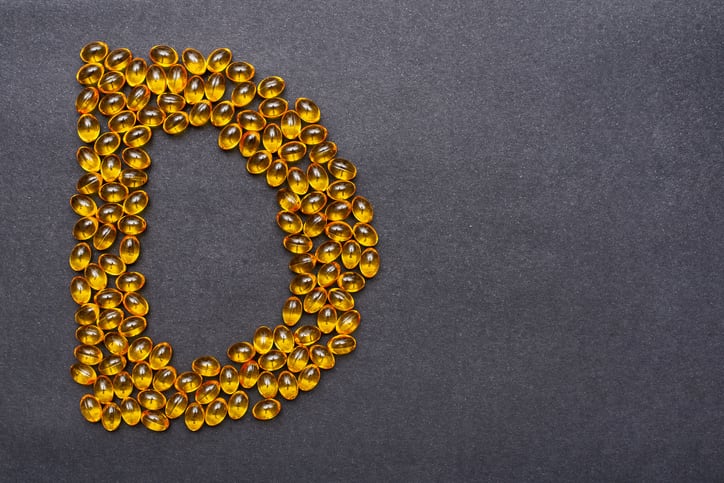In laboratory findings, vitamin D plays a role in maintaining calcium homeostasis and mediating bone mineralisation, but also shows anticancer effects for its anti-proliferative and anti-inflammatory properties.
However, epidemiology studies reported conflicting results, some found a significant protective effect of vitamin D on breast cancer risk, while some reported no statistical significance.
So, researchers from China and Canada analysed seven recent RCTs comprising 19,137 females.
Oral vitamin D3 (cholecalciferol) supplementation was used in these RCTs, and dosage of vitamin D varied from 800 to 3,300 IU/day. The duration of follow-up ranged from 4 months to 6 years.
All studies were conducted in North America and Europe.
“Given the inconsistent findings and more recent research published, we summarise the most up-to-date evidence from RCTs, aiming to clarify the effect of vitamin D supplementation on risk of breast cancer. Our primary outcome was risk of breast cancer. The secondary outcome was the change in mammography density from baseline,” researchers wrote in the Frontiers in Nutrition.
Mammographic breast density is the proportion of fibroglandular tissue within the whole breast, and is a key indicator for breast cancer.
Findings
The findings of seven RCTs showed no significant effect of vitamin D supplementation on breast cancer risk and mammography density.
In previous studies, vitamin D was reported to potentially decrease mammography density by inhibiting the synthesis and the biological actions of oestrogens.
However, the current findings did not support the protective effect of vitamin D supplementation on decreased breast cancer risk, with researchers adding that results from past observational studies could be overestimated.
“In observational studies, the use of vitamin D supplementation was generally estimated from self-reports. The dosage, duration, and frequency could probably be less accurate than RCTs, especially in retrospective studies.”
“Our current study is the most up-to-date review investigating the effect of vitamin D supplementation on breast cancer risk synthesising RCTs, with a recent published large trial included.”
Limitations and recommendations
However, researchers acknowledged several limitations to their systematic review and meta-analysis.
For the primary outcome, four out of seven studies had study durations of less than 12 months, which is a relatively short period for progression of cancer.
The geographical distribution of the included studies was carried out in developed countries, however, it is the mortality rate of breast cancer that is mostly still increasing in developing countries.
For example, almost 50% of breast cancer cases and 58% of deaths occurred in developing countries in 2008.
Thus, researchers advised further RCTs with large sample size and longer study duration may be needed to clarify the efficacy of vitamin D supplementation in both the prevention and treatment of breast cancer. Studies should consider using higher dosage of vitamin D, in participants of different mammography density, menopausal status, and especially in developing countries.
Source: Frontiers in Nutrition
https://doi.org/10.3389/fnut.2021.655727
“Effect of Vitamin D Supplementation on Risk of Breast Cancer: A Systematic Review and Meta-Analysis of Randomized Controlled Trials”
Authors: Ziyi Li, et al.




